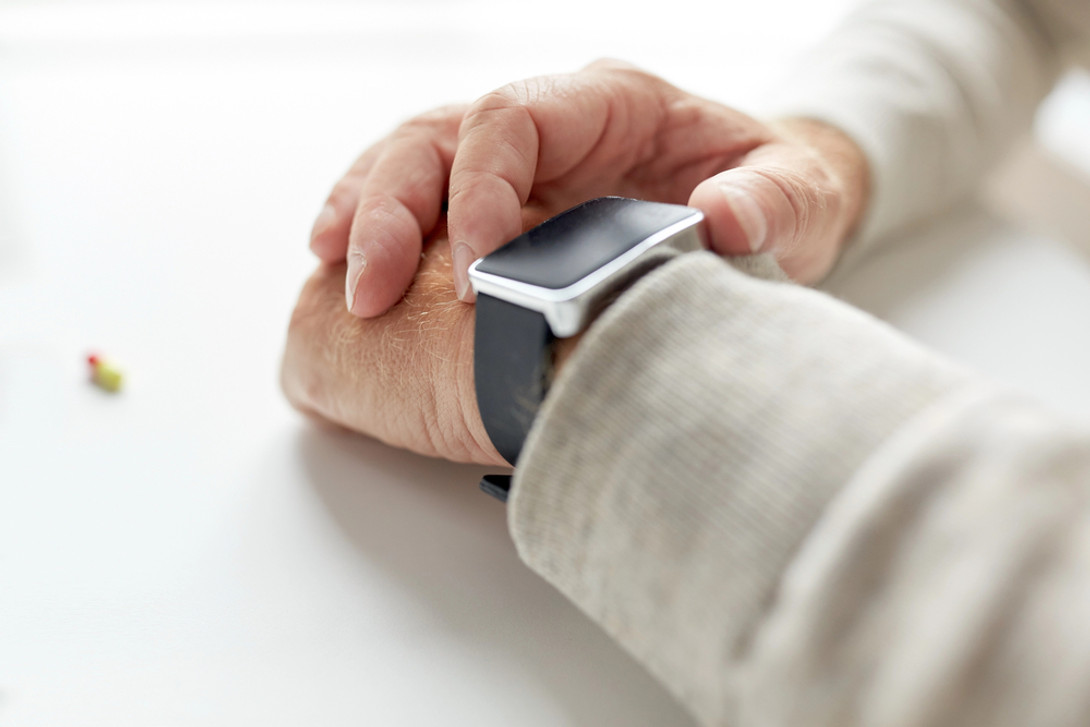Smartwatches, sleep monitors, and other pieces of wearable tech are commonly associated with the fitness industry and tech-savvy individuals. However, there are plenty of potential benefits and applications for people of all ages and lifestyles. Below, we’ll walk through some examples of wearable tech that can benefit older adults.
Heart Monitors
A wearable heart monitor can provide continuous monitoring of a person’s heart rate, helping to detect irregularities or conditions such as atrial fibrillation. According to data from Statista, "In 2023, it was estimated that around 14.6 percent of those aged 65 years and older in the United States had been diagnosed with coronary heart disease."
Thus, the higher prevalence of cardiovascular-related incidents in older adults means a wearable heart monitor can help them better monitor their heart vitals and detect potential irregularities as early as possible.
Fall Detection Devices
One of the most common types of wearable tech that seniors use is a fall detection device. Oftentimes, these are worn as a necklace or bracelet and can automatically alert emergency services or caregivers when they detect a fall.
Especially for older adults who live alone, this can be a critical device that ensures your loved one quickly gets the help they need, even if they’re unable to call for help.
Smartwatches
Smartwatches have many possible use cases and provide a number of benefits for older adults who wear them. The specific capabilities of the watch will vary between brands. However, many include valuable health and wellness features like heart rate monitoring, fall detection, and even blood oxygen level tracking.
In addition, these watches can remind wearers to take their medications, get active, or stay hydrated, all of which promote better health. Since these wearable devices double as a watch, there are plenty of reasons for older adults to wear them, and they’re already commonly worn by nearly a quarter of all people.
GPS Trackers
Older adults who have conditions like Alzheimer’s or dementia may benefit from a wearable GPS tracker. These solutions give families and caregivers peace of mind that they can always find their loved ones and help keep them safe, even if they wander off on their own.
These devices can be paired with a trusted family member’s mobile device or computer. With some wearable GPS trackers, they can even provide an alert when their loved one has exited a set geographic area. Depending on the product, these may be placed in a pocket, a keychain, or worn as a belt, armband, or other option.
Smart Hearing Aids
For hearing-impaired individuals, smart hearing aids are becoming more widely used. Compared to traditional hearing aids, the smart versions can connect to smartphones, allowing individuals to easily adjust the settings from an application and make hands-free phone calls.
Plus, certain models connect with smart home devices. This way, smart hearing aids become a type of wireless headphone that can stream music and audio directly from your TV or cell phone, enhancing hearing and communication abilities in various settings.

